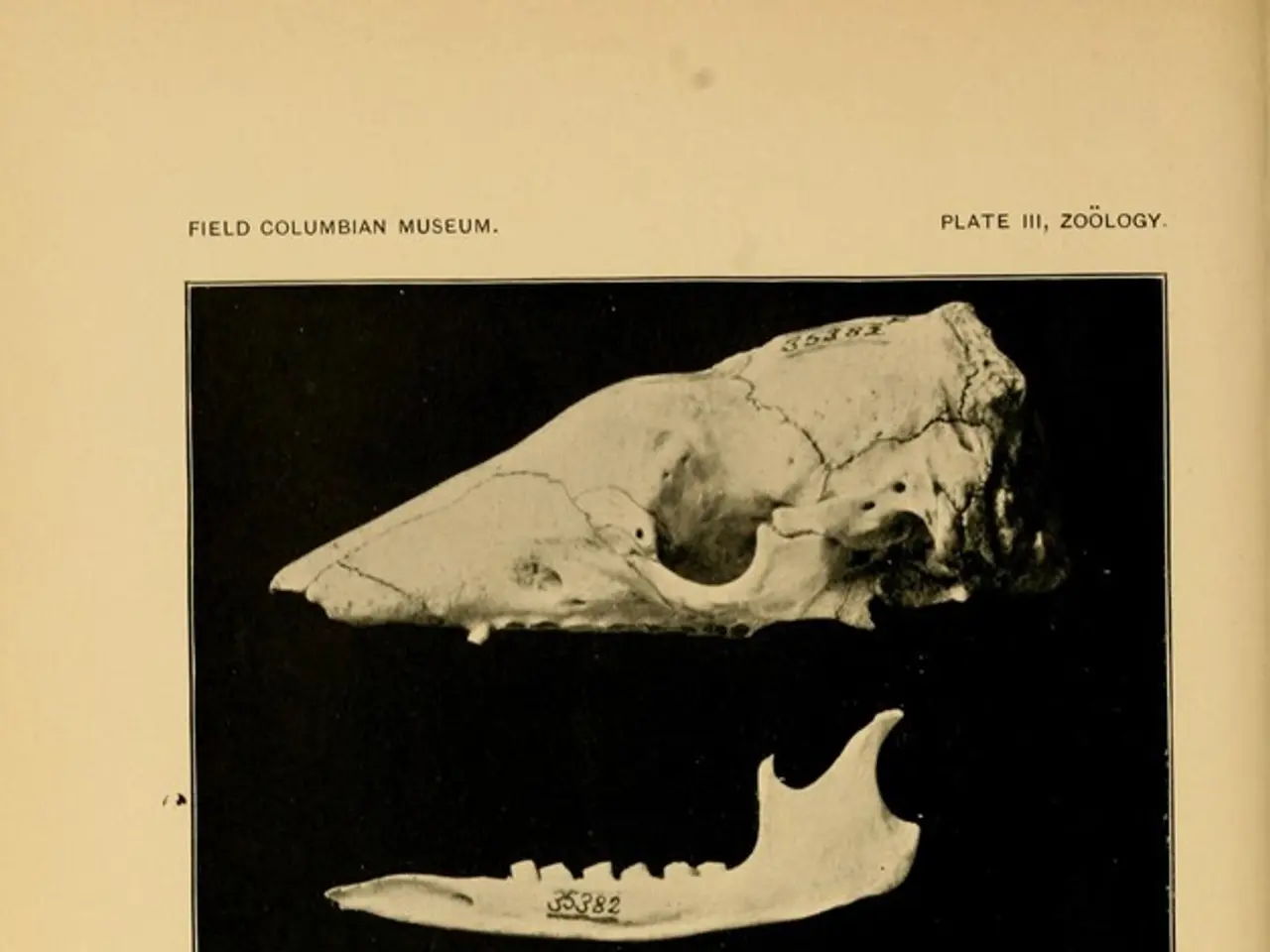Managing the persistent pain of chronic arthritis
Ankylosing Spondylitis (AS) is a type of autoimmune disease that primarily affects the joints, causing pain and other symptoms. This condition, which predominantly impacts the spine and sacroiliac joints, is characterized by inflammatory back pain and stiffness, often worse in the morning or after periods of inactivity.
Common symptoms of AS include chronic back pain and stiffness, fatigue, reduced spinal flexibility and range of motion, and symptoms that improve with physical activity. Other symptoms may include mild fever, loss of appetite, and pain that can radiate to the buttocks or chest. In some cases, AS can make it more difficult for a person to breathe if chest expansion results in significant discomfort.
Individualized treatment is considered the best approach for AS, focusing on slowing the disease progression, preventing joint damage, and alleviating symptoms. Common pharmacologic treatments include non-steroidal anti-inflammatory drugs (NSAIDs) as first-line therapy for pain and inflammation, biologic agents such as tumor necrosis factor (TNF) blockers, interleukin-17 inhibitors, and Janus kinase inhibitors, short courses of oral corticosteroids or local injections for inflammation control, and disease-modifying anti-rheumatic drugs (DMARDs) mainly for peripheral joint involvement.
Non-medication treatments emphasize physical therapy to maintain spinal flexibility, strengthen muscles, improve posture, and reduce stiffness. Occupational therapy helps adapt activities to reduce joint strain and maintain independence. Lifestyle modifications such as regular exercise, good posture, quitting smoking, and alternating heat and cold therapy aid symptom management.
In rare cases, surgery may be considered for severe hip joint damage requiring replacement or significant spinal deformities. However, AS is not contagious and is not directly inherited from parents.
Potential triggers of worsening AS symptoms due to inflammation include infection, poor sleep, stress, and overexertion. People with AS often experience worsening symptoms after periods of inactivity, such as sleeping. The pain can also affect one side of the body or alternate between the sides.
AS can significantly impact mobility by reducing spinal flexibility and causing pain and stiffness, which affects posture and daily activities. Sleep patterns are often disrupted because symptoms are typically worse at night and early morning, leading to difficulty falling or staying asleep. Fatigue is a common systemic symptom that also affects sleep quality and overall wellbeing.
Other complications and symptoms that can occur with AS include inflammatory bowel disease (IBD), issues with the eyes that can affect vision, depression, and anxiety. It is essential for a person to work with a doctor to find a treatment plan that suits their individual needs.
While AS is distinct from rheumatoid arthritis, some triggers of RA may affect people with AS. Lifestyle adjustments that may help manage AS symptoms include maintaining an active lifestyle, eating a balanced diet, maintaining a moderate weight, avoiding alcohol, and increasing calcium intake.
In summary, ankylosing spondylitis presents with characteristic inflammatory back pain and stiffness, impacts mobility and sleep, and is managed by a combination of anti-inflammatory medications, physical therapy, lifestyle adjustments, and in rare cases, surgery, with attention to preventing serious complications. It is crucial for individuals with AS to work closely with their healthcare providers to manage their condition effectively.
- Physical therapy, focusing on maintaining spinal flexibility and strengthening muscles, is a key component in non-medication treatment for Ankylosing Spondylitis (AS) to alleviate symptoms like stiffness.
- Other medical conditions, such as inflammatory bowel disease (IBD) and issues with the eyes, can occur alongside AS, and it's important for a person to work closely with their doctor to manage all symptoms.
- Apart from medications like non-steroidal anti-inflammatory drugs (NSAIDs), biologic agents, disease-modifying anti-rheumatic drugs (DMARDs), and corticosteroids, lifestyle adjustments, such as maintaining an active lifestyle, balanced diet, moderating weight, avoiding alcohol, and increasing calcium intake, can aid in managing AS symptoms.
- Chronic diseases like AS, which cause pain and stiffness primarily in the joints, can significantly impact a person's ability to engage in fitness and exercise, but adhering to a regular exercise routine, good posture, and alternating heat and cold therapy can help manage symptoms and promote health and wellness.






